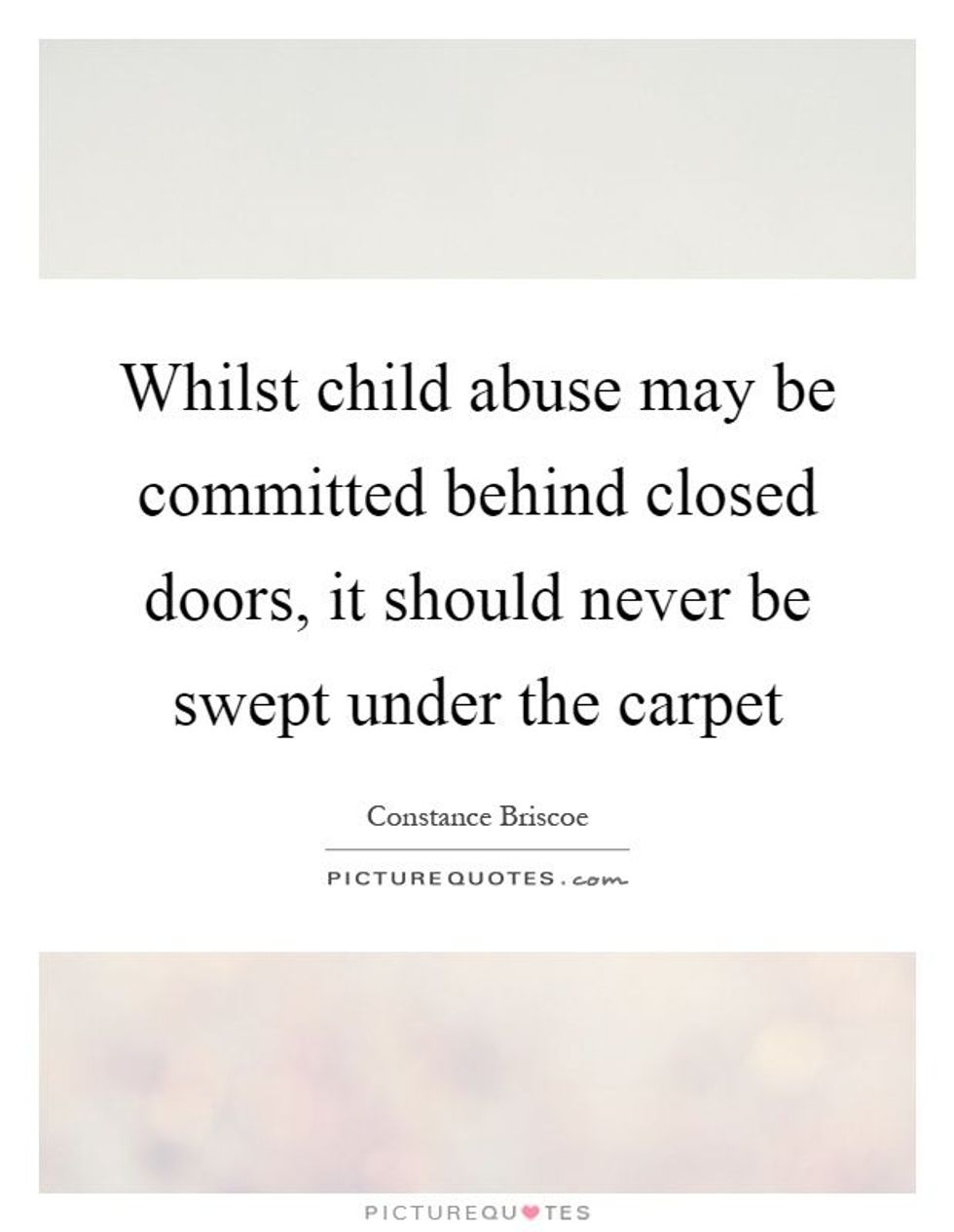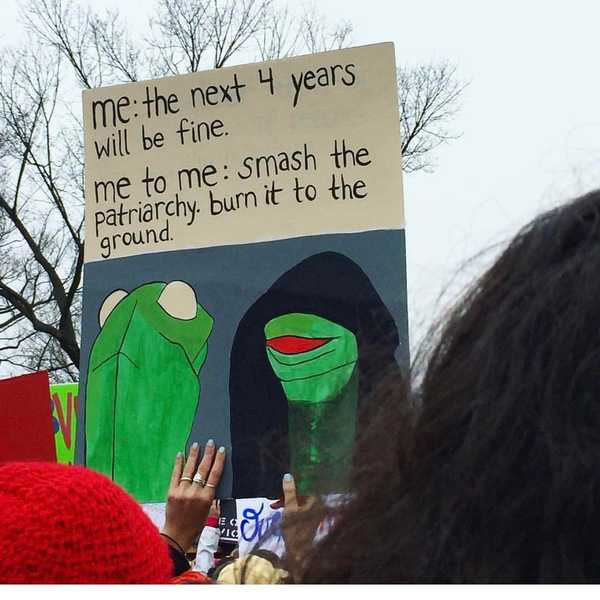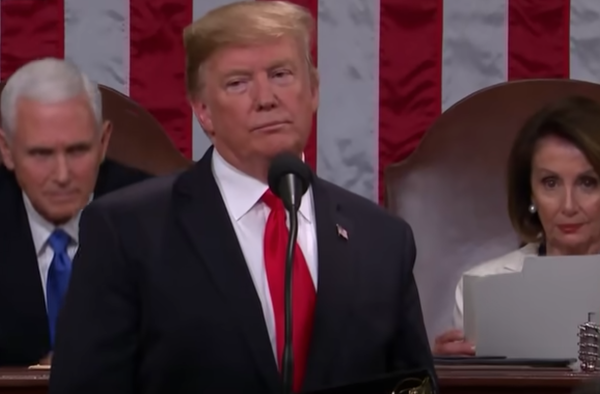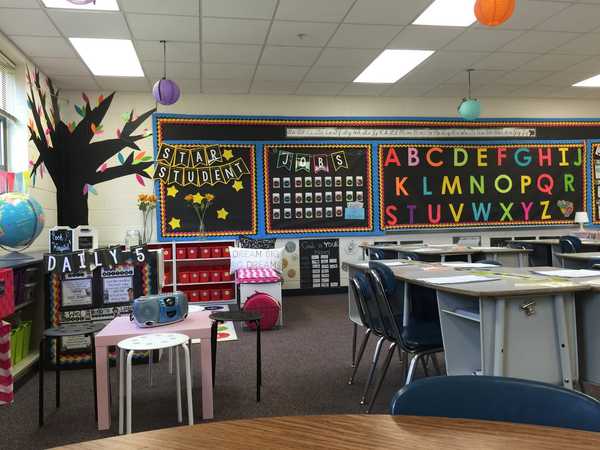The taboo topic of child sexual abuse in Pakistan has gained nationwide attention with the murder of 7-year old Zainab Ansari in Kasur, Pakistan, which has sent waves throughout the country, sparking protests and massive public outcry. For those of you who are unfamiliar with the case, Zainab Ansari was a child who was kidnapped and later found raped and murdered in a heap of garbage. It was discovered that she had endured torture during her captivity before being ultimately strangled. The perpetrator, Imran Ali, was arrested almost 3 weeks later based on DNA testing and found to have raped and murdered at least 8 other girls within that neighborhood, confirming him to be a serial killer.
In the immediate aftermath of this incident, many activists and citizens claimed that Zainab would be another victim in the common trend: That the case would be discussed and dissected and analyzed on morning shows and political programs, that her killer may even be caught, but that ultimately nothing would come from this case other than a sensationalized public and media response. Part of me feels that they are right. It has been almost two months since Zainab’s case made headline news and forced us to confront the stigmatized topic of abuse within our society. Yet I am sorry to say that she was not the first nor will she be the last victim of such depraved acts. And although it is encouraging to see the topic getting attention and being discussed (because that is one of the first steps to making changes), I am sorry, yet not surprised, to say that little has been done to prevent future incidents and to address the underlying issues in our community that are associated with child abuse. Yes, Imran Ali has rightfully been sentenced to death, but does that do anything to end the cycle and focus on the core concerns that we should have?
I have been doing an internship in Karachi with an NGO called Konpal, an organization which fights against child abuse and neglect. Throughout my work in Karachi, I have worked with children of various ages who have been victims of physical, sexual, and psychological abuse as well as neglect and maltreatment. The experience has, to say the least, been incredibly heartbreaking yet insightful and empowering for myself as an activist. Drawing from this background, I will discuss some of the important aspects of child abuse that we as a community need to be more aware of and the types of action that we must take.
A common question and theme of discussion that comes up when I’ve met with professionals (medical professionals, teachers, etc.) in Pakistan is exactly what course of action should be taken if we suspect or become aware of a case of child abuse. I’d be lying if I said that it sometimes seems futile to consider reporting or taking any course of action, since we don’t have the law on our side in regards to child safety. However, the process has to start somewhere, and the more people who report and take note of cases of abuse, the more awareness the subject gains and the more it is taken seriously. It takes awareness and condemnation from society for any type of change to be made---legal or social. It is also a good idea to contact NGOs in your area; many of them can provide counseling and legal services as well as aid in placing the child in a group home, if necessary. But it is essential that we as citizens step up and take that first initiative. Be proactive.
First of all, it is vital that we train the people on the front lines within the community, not just the parents. People within the medical field, lawyers, teachers, coaches, tutors (espicially religious tutors), police officers, etc. need to be aware and alert of the signs and symptoms. Often times, they are the ones who are able to tell if there is something amiss with a child. Since abuse is such a taboo subject and there is not as much awareness as there should be (although this is continually improving), addressing it can be a long process.
The biggest obstacle that we face is that unlike countries such as the US, UK, Australia, etc. the law is not on our side when it comes to prioritizing the safety of the child first. In those countries that have child protective services, in which the government has the authority to remove children from the home, children have a safety net that holds both their guardians and child protective services accountable for their actions. Medical professionals, teachers, are trained to be vigilant for signs of abuse or neglect. And if they have any suspicion or proof of it, they are required by law to report it to the authorities. There are not severe flaws in the system when it comes to underfunding and gaps in the structure of foster care as well as other policies, but at the very least there is a functioning system.
In Pakistan, children cannot be removed from the home by police or government authority; there could be a case of ongoing physical abuse being committed by a parent or other family member and still all we can do is report it; little legal action can be taken. An extreme example of this was shown in the 2016 film Kahaani 2: Durga Rani Singh, where the main character (a survivor of childhood sexual abuse herself) discovers that a student at the school she works at is being molested by a member of her family. She goes through all the right steps, informing both the school and the police, and yet nothing can be done because there no legal standing. Since the system failed, she has no choice but to take extreme action and kidnap the child and raise her as her own. Yes, this is a film and therefore it is dramatized but all of it does still essentially boil down to the fact that oftentimes legally our hands are tied.
But that does not mean that community action cannot be taken. We as members of the South Asian subcontinent boast with pride about our collectivistic society and extensive extended family support system (all of which is important and to be admired), and we are known for our strong base when it comes to family values. And yet when an indisputable case of child abuse comes before us, the entire community loses no time in developing a blind eye, as well as a sudden case of amnesia. They don’t want to get involved. They’ll talk about it behind the family’s back, condemn the actions in private, shake their heads and perhaps ponder aloud why someone would do such a thing, and wonder what would become of the child. But they themselves will not take decisive action, due to shame, stigma, and not wanting to draw attention onto themselves.
Do not misunderstand me: I understand the crippling stigma and shame behind child abuse within our society. Many even argue that it is kinder not to draw attention to the child as it could get them labelled or ostracized within the society. Calling out their abusers and publicizing the maltreatment of the child may ultimately do more harm than good. And I understand the mentality behind this: Our instinct is to protect our children. But sometimes in the wake of protecting our children, we also protect the people who have hurt them. Each case is different, so I won’t say what is the right or wrong course of action to take with regards to calling out the culprits in child abuse cases. I will, however, say that whether we decide to prosecute or not, the privacy and the physical and mental safety of the child must be given top priority. The child must know that they have done nothing wrong, that they have nothing to be ashamed of, and that they have nothing to fear. This can be assured whether the offender is brought to justice or not.
In the case of 7-year old Zainab Ansari It is also important to emphasize that sheknew her killer, Imran Ali, and even trusted him. While various media outlets have reported different stories regarding the relationship between the two (some say that Ali was her cousin, while others say he was a family friend/distant relative, and still others say he was someone who just happened to live in the neighborhood), the bottom line is that this child was friendly with and known to the man who murdered her. And this teaches us an important lesson about child abuse that many within our society do not like to accept: That many of the perpetrators of child abuse hunt where they are trusted. It is a hard truth to swallow for our South Asian community in particular; we literally live by the phrase “It takes a village to raise a child.”. We come from large extended families and close-knit insular communities, where everyone knows one another and trusts on another. There are very few “strangers”, people unknown to us, that our children interact with, especially in small towns and villages. Therefore, the first people who must come under suspicion in cases of abuse are the immediate and extended family and friends of the child and their family. It is psychologically very difficult to even consider that someone we know could inflict harm upon our children, and yet within our community those are the people most likely to do so. While we don’t know the nature of the relationship of Imran Ali with the other children he killed, it is quite possible that he may not been able to harm so many of them had the community been able to accept that offender was someone they knew or were familiar with.
My aim here is not to criticize or denounce collectivistic societies and insular communities; indeed, I am proud that our culture puts such strong emphasis on family values and looking out for one another. I just feel that we need to be consistent in this practice, extending it to subjects which we may not have thought needed our attention. Serious matters like this are where we must be the most vocal. The trauma alone that such abuse inflicts should be incentive enough to want to shield our children.
In the wake of Zainab's murder, there was controversy over the idea of teaching children about abuse and prevention due to its graphic nature and the concern about the vulgarity of the topic. Parents and members of the community alike have vehemently opposed instilling such programs within schools and community centers, claiming such ideas would morally corrupt children from a young age. And I understand where they are coming from; as someone with conservation beliefs I certainly would not want my children exposed to things unsuitable for their age. However, it is important to remember that when we talk about making our children aware, we have no intention of spreading obscenity or revealing anything sexually explicit. The idea is to instill age-appropriate programs which teach our children about their own personal safety and decreasing their vulnerability to predators. An excellent example of this was shown several years ago in an episode of Aamir Khan's program Satyamev Jayate regarding child sexual abuse.
In one segment, Aamir Khan is sitting with a group of young children teaching them about good touch vs. bad touch, and what to do if a stranger or even someone they trust touches them in a way which makes them feel unsafe, such as yelling, running away, and telling their parents. This method is both informative and effective, while keeping in mind the ages of the children and not revealing anything inappropriately explicit. In our culturally and religiously conservative society, it is possible to preserve those values while making our children aware and giving them tools to protect themselves.
In the present situation, it is not always realistic to expect help and protection from the law. It is a cause that we as citizens must take up together. We have to look out for one another and each other’s children, be proactive in protecting them within a cultural and religious context. Our collectivistic society should live up to its name and guard our children from harm. We also have to fight back the ingrained instinct to look the other way, whether out of futility, hopelessness, or stigma. If we want the problem to be addressed, the first thing we must do is change how we handle it if we want any action to be taken. I am not a pessimist; I have seen progress in this field and I do believe that with the right motivation and support, we can do a great deal to improve the situation. We have a chance to break the cycle and make a change, ensure a brighter and safer future for our children. We need only the courage to seize it.





















